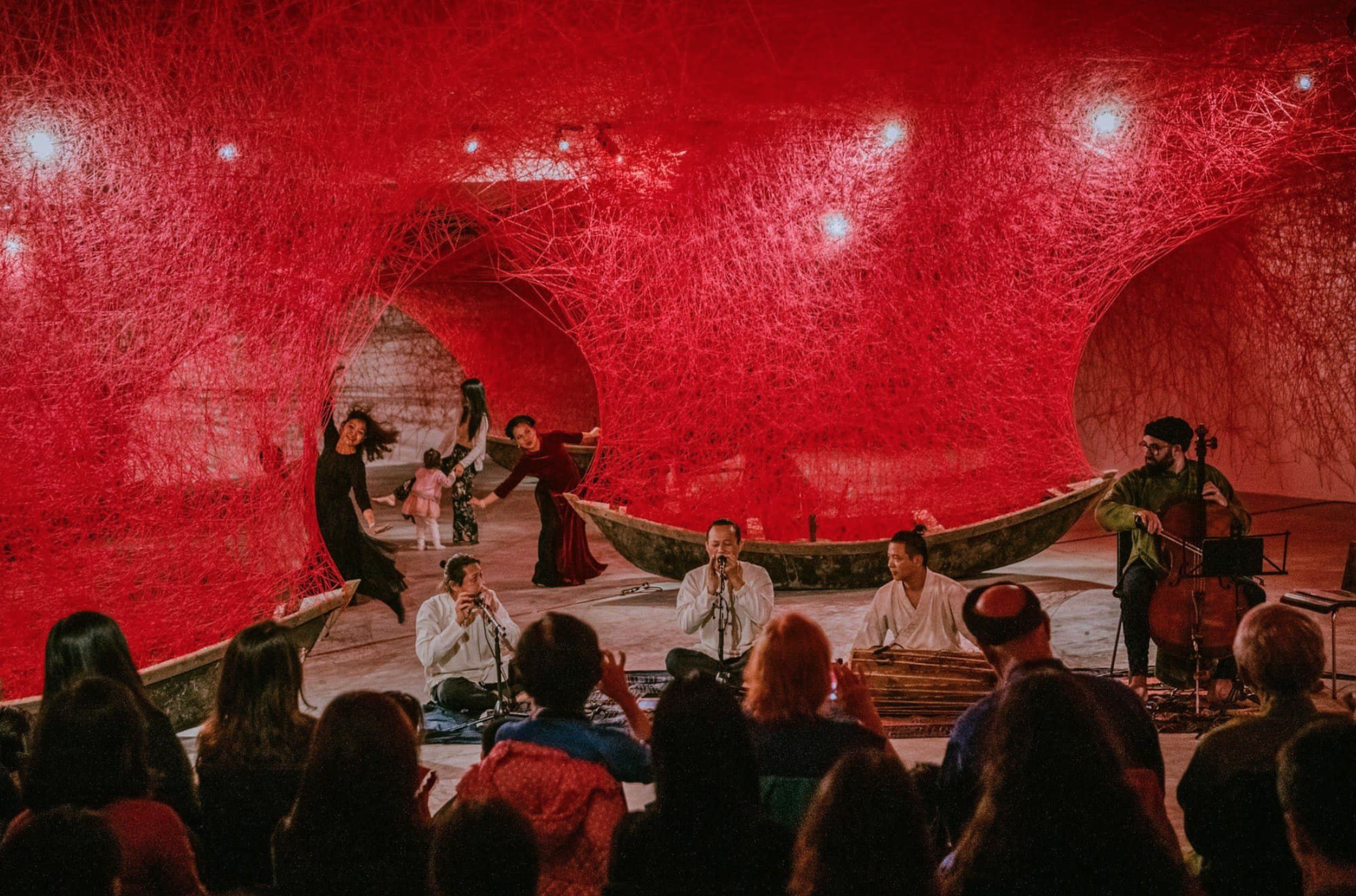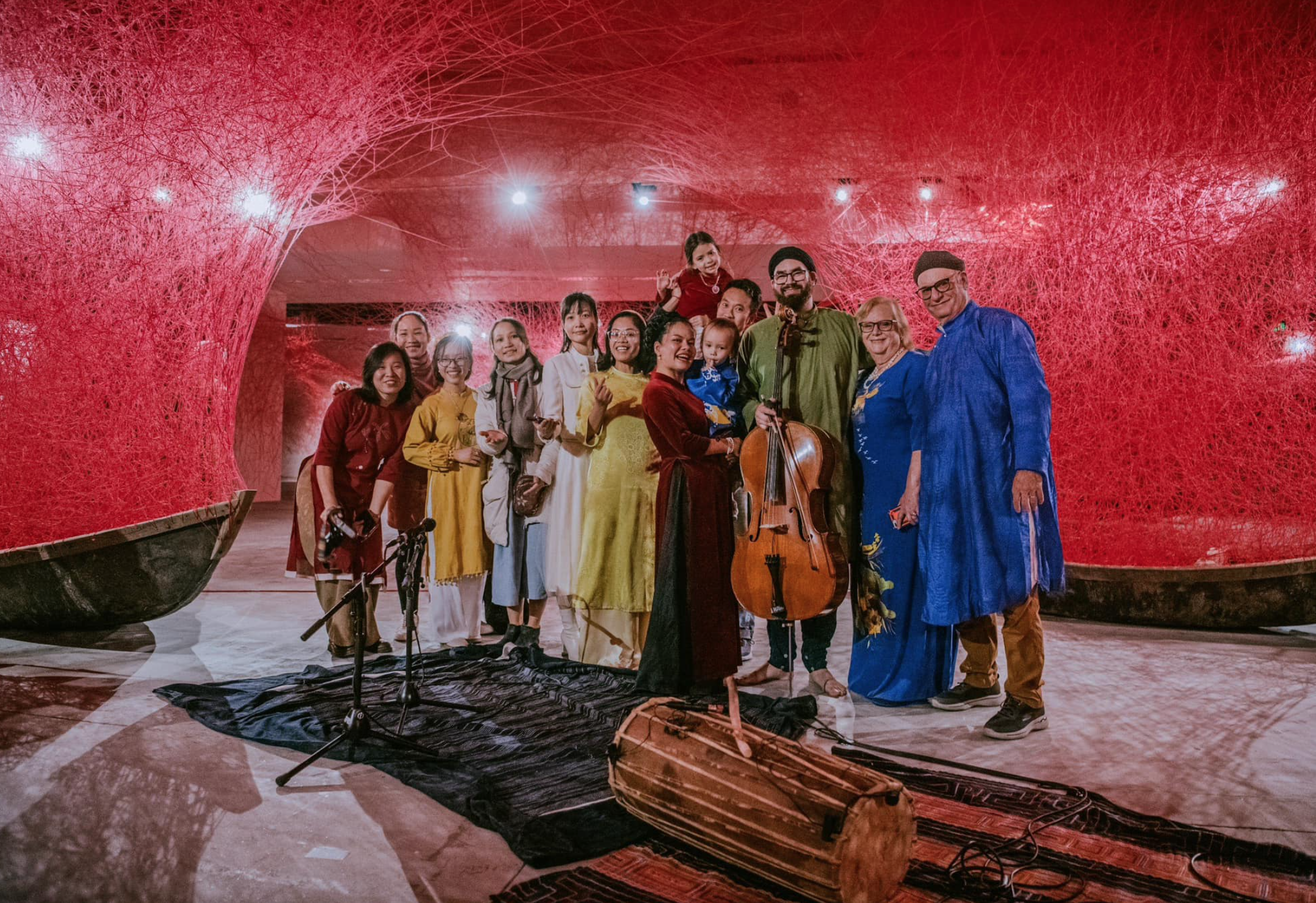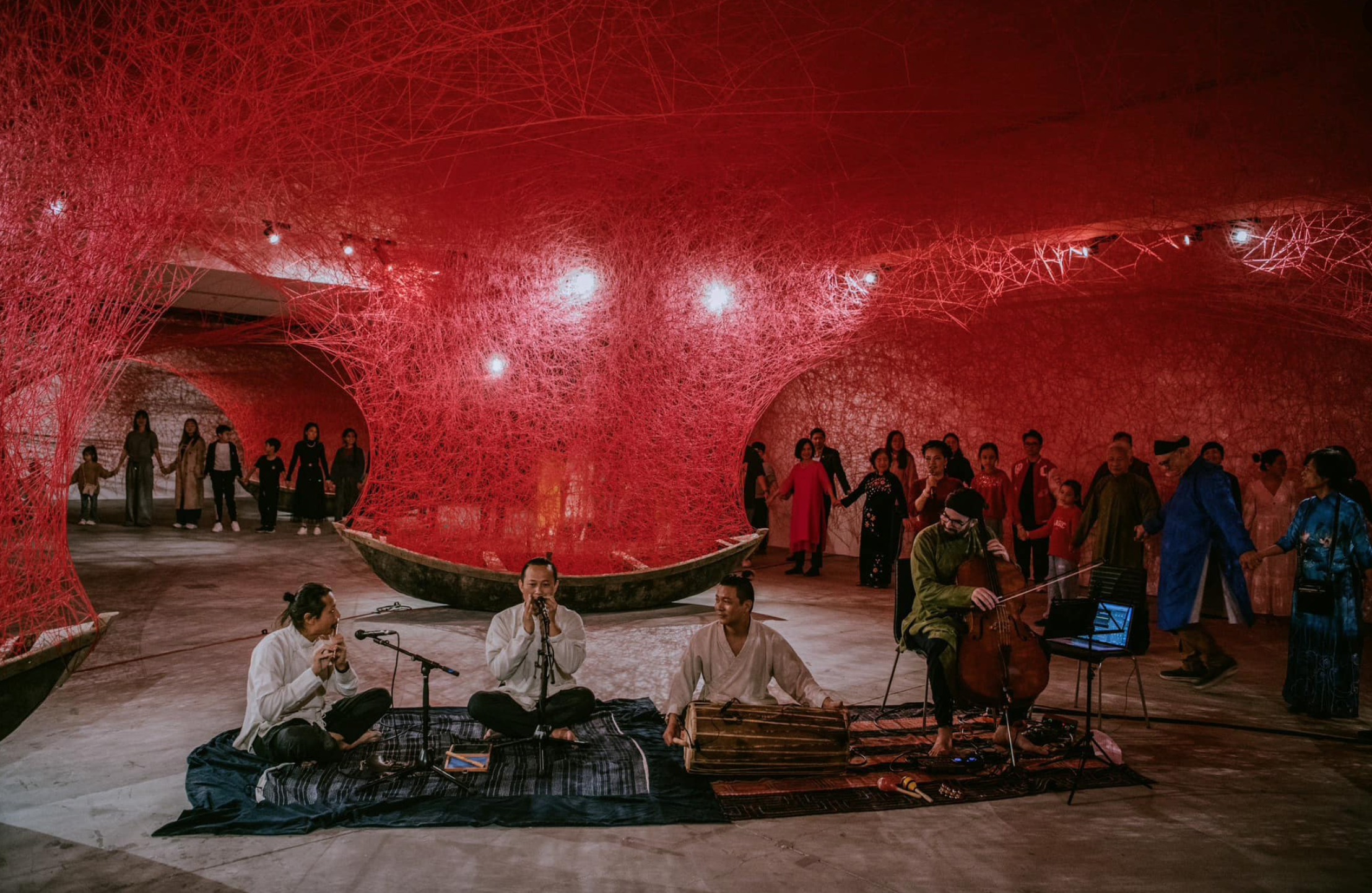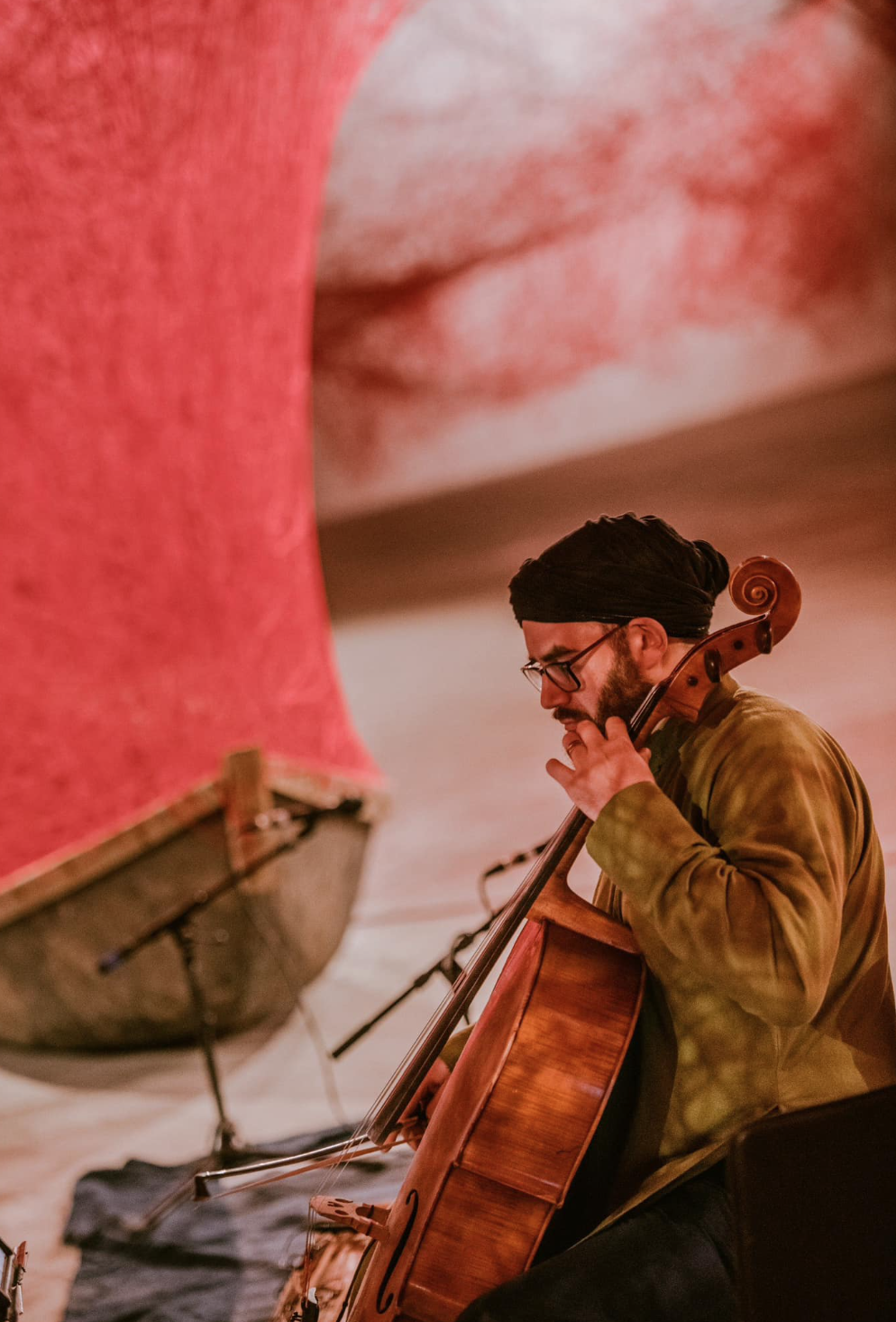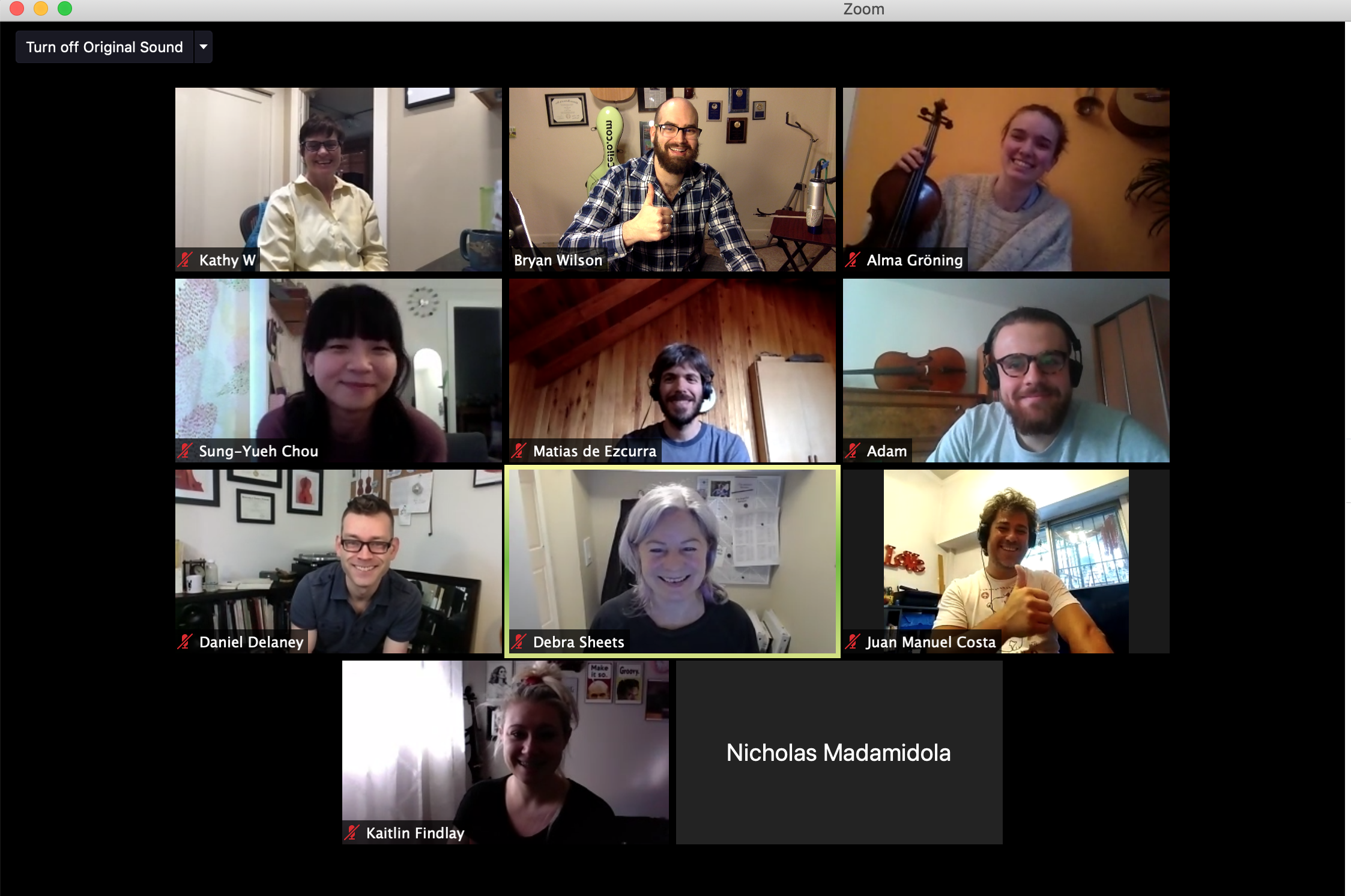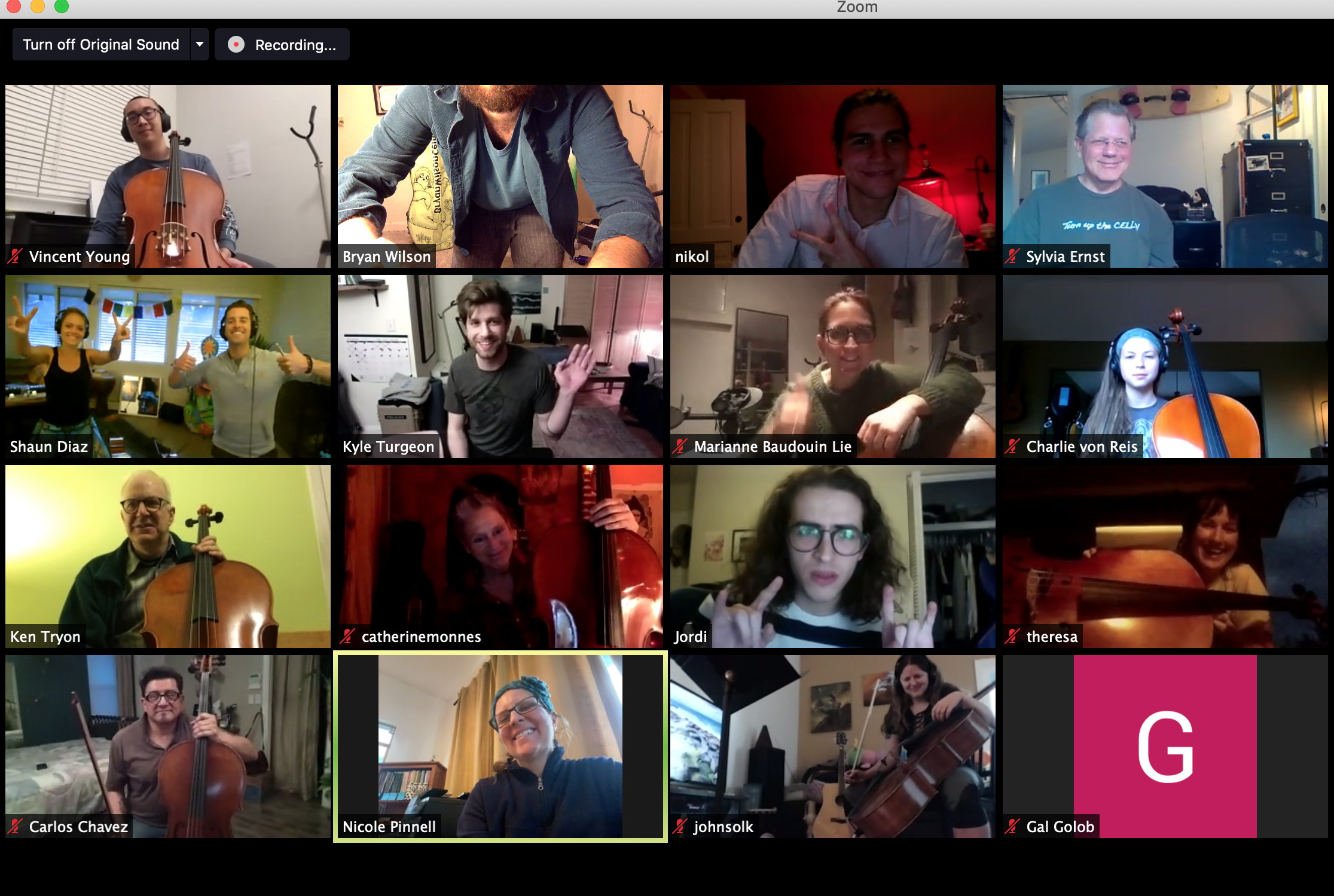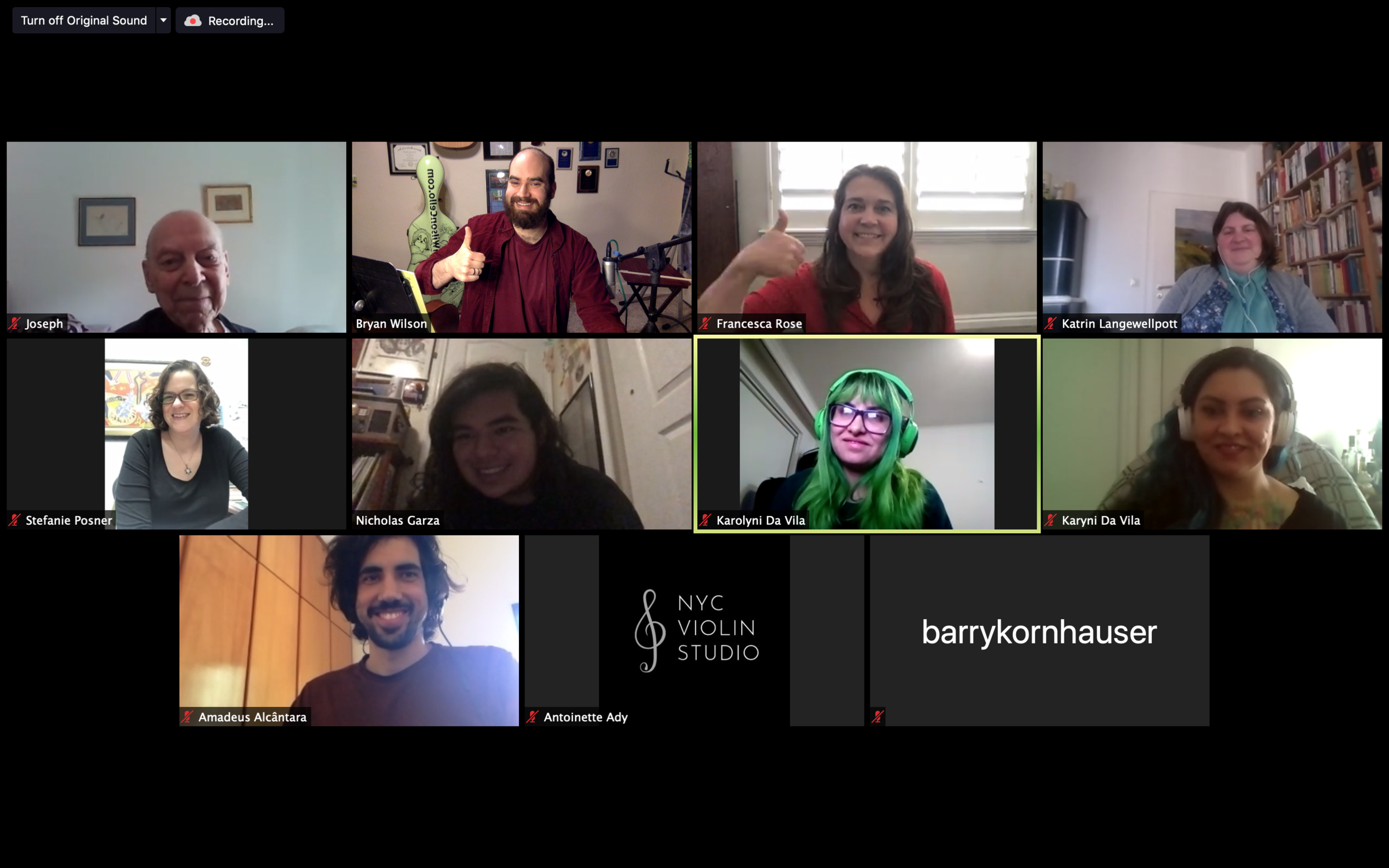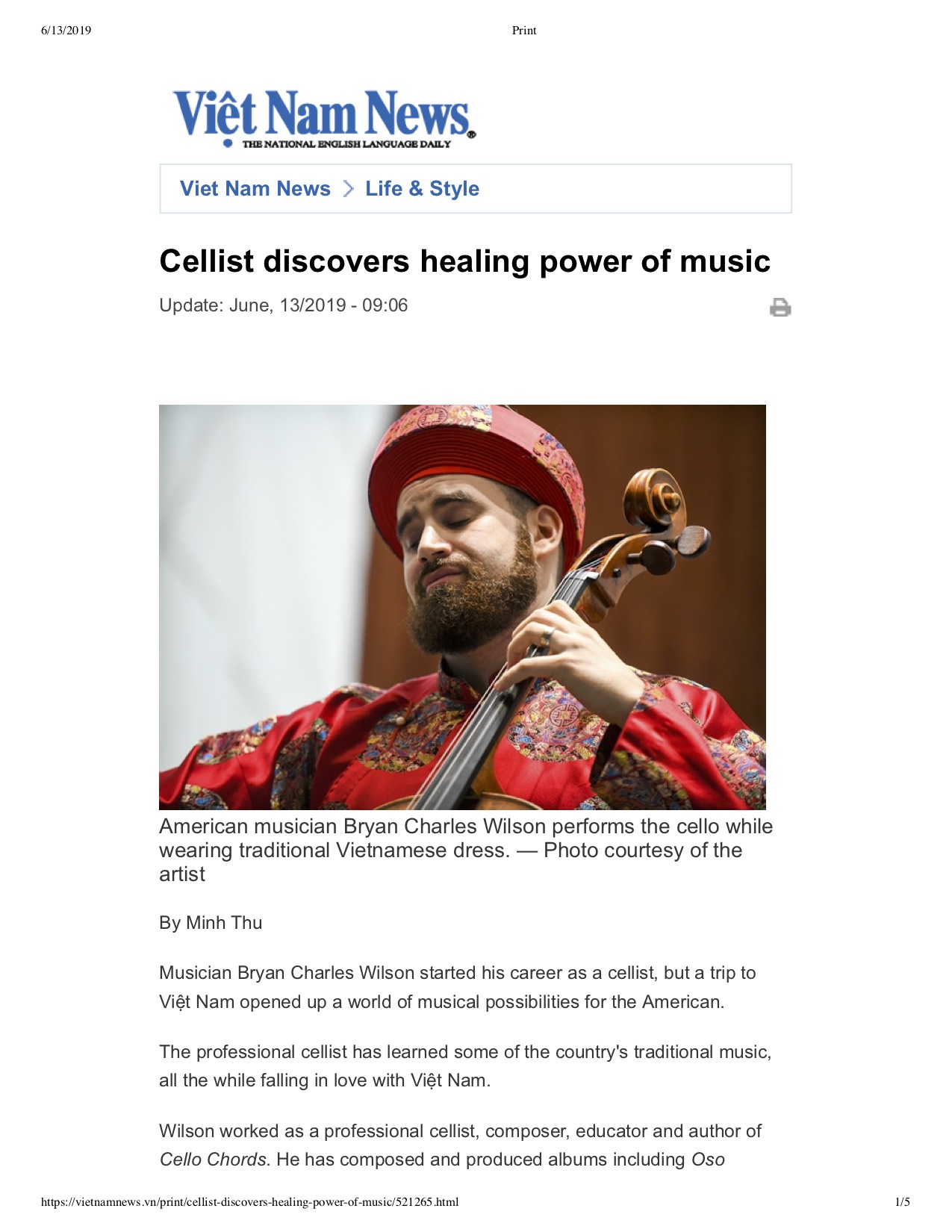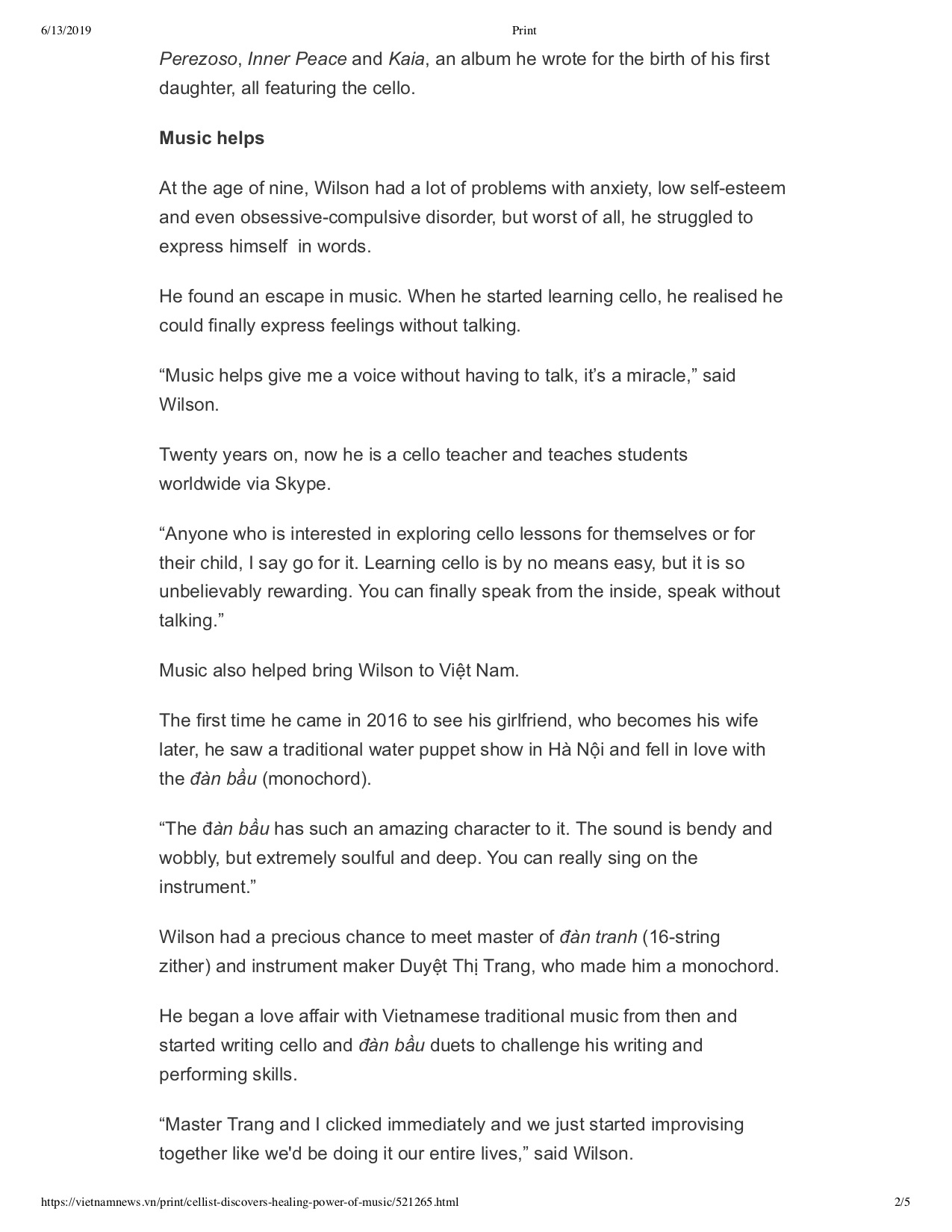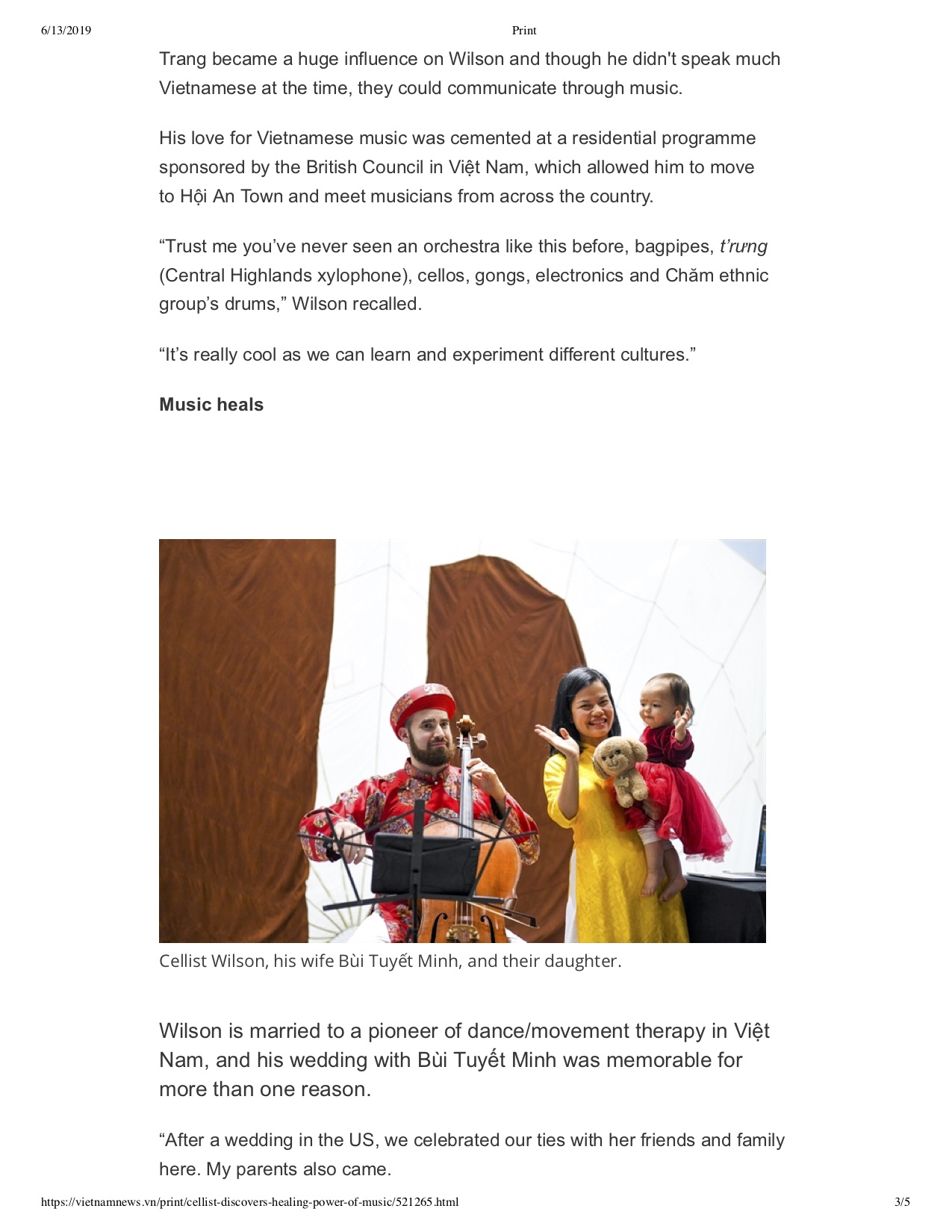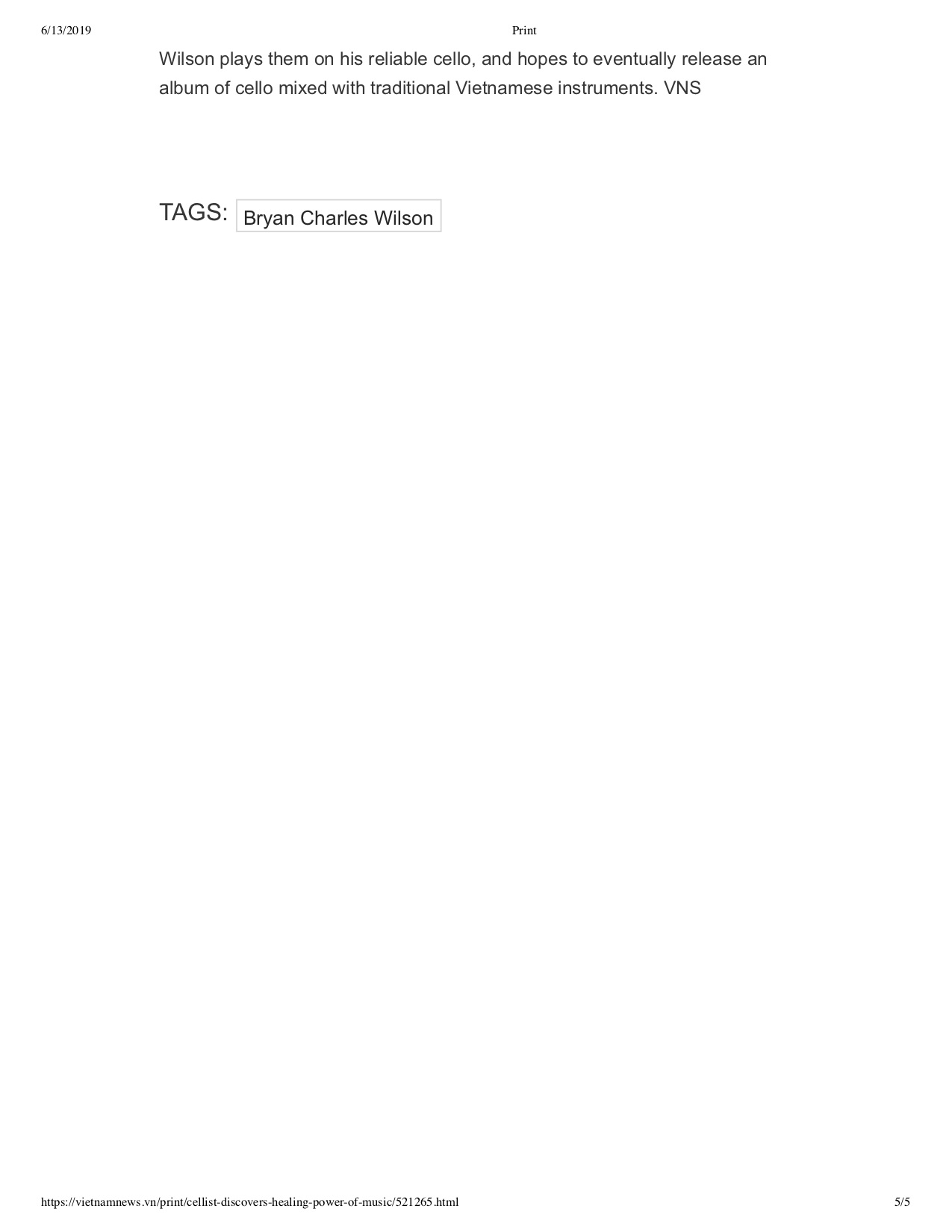A Special Article in Báo Phụ Nữ: Performing Nhật Ký Của Mẹ During My Wife's Labor
I’m honored to share that Báo Phụ Nữ recently featured a story about a deeply meaningful moment in my life—performing Nhật Ký Của Mẹ (A Mother’s Diary) on the cello for my wife, Minh, during the birth of our first child. This song, written by renowned Vietnamese songwriter Nguyễn Văn Chung, holds a special place in our family’s heart, and I’m grateful that Báo Phụ Nữ saw the significance of that moment and wanted to share it with their readers.
Nhật Ký Của Mẹ tells the moving story of a mother’s love, her sacrifices, and the emotional journey she experiences as her child grows. When Minh was in labor, I arranged the song for cello and performed it to comfort her. The song provided a strong sense of connection to her Vietnamese roots at a time when she felt homesick, grounding her in her role as a mother and a Vietnamese woman despite being far from home. This intimate moment resonated with Báo Phụ Nữ, and they beautifully captured the emotion and significance behind it.
Meeting Nguyễn Văn Chung recently was an honor in itself. His songs have touched countless lives, including ours, and I’m incredibly grateful for the opportunity to share our story in such a respected publication. Minh and I are looking forward to the possibility of collaborating with him in the future, as his music continues to inspire and bring people together.
It’s moments like these that remind me of the powerful ways music can connect us, and I’m so thankful to Báo Phụ Nữ for highlighting that connection in their article.
